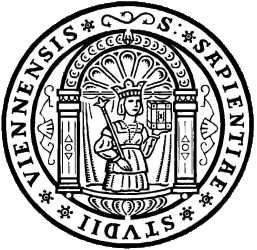It seems that the WWW in its original idea as the Wild Wild Web is coming to an end. The tech industry’s decade-long experiment in unregulated growth and laissez-faire platform governance is being questioned in the light of recent political and social developments, polarization, fake news, etc. As the internet giants are unwilling to make rules, the WWW has slided into a state of “out of control”. Users as well as regulators are stipulating more responsibility and a new culture that is more accountable, more self-aware, and less willfully naïve.
see: https://www.nytimes.com/2020/07/02/technology/goodbye-to-the-wild-wild-web.html

